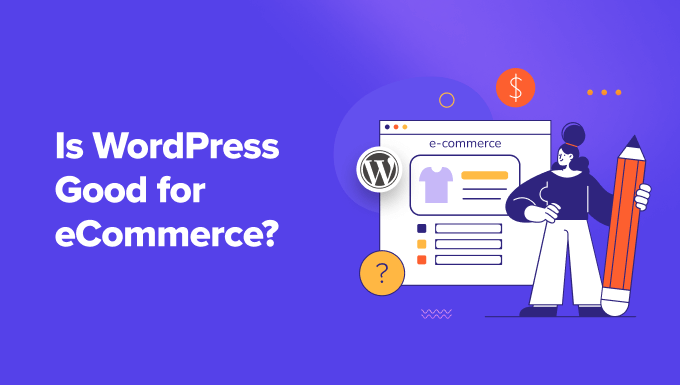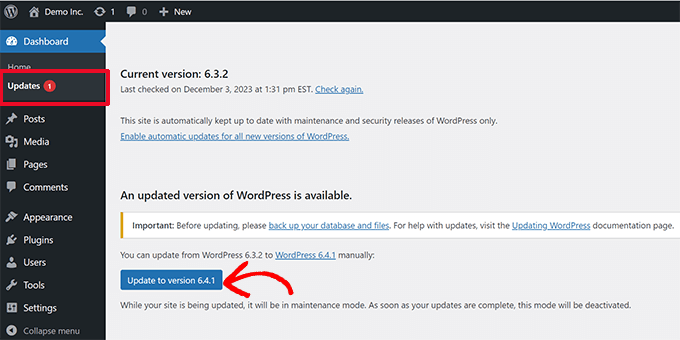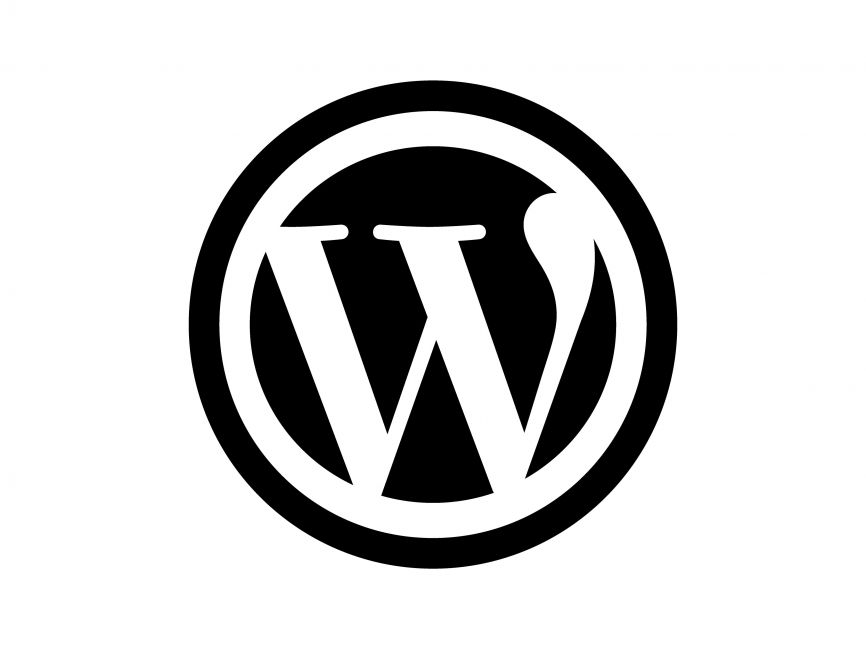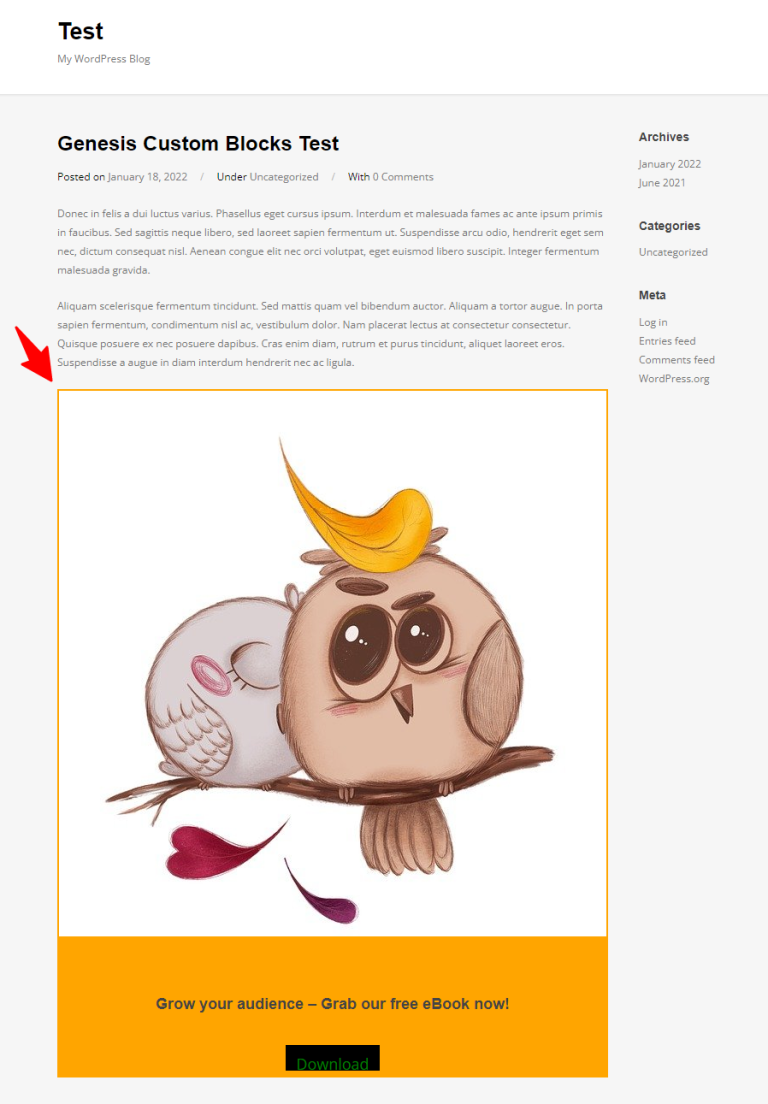‘Is WordPress really capable of handling a serious eCommerce business?’ We hear this question a lot, and we get it.
The answer might surprise you – WordPress powers some of the largest online stores, including ours, but it’s not the perfect solution for everyone.
Some of the most successful eCommerce stores run on WordPress, but some store owners prefer using a managed platform like Shopify. The difference often comes down to understanding what WordPress can and can’t do well before making your decision.
Today, we’ll discuss the real pros and cons of using WordPress for eCommerce. This isn’t just theory—these insights come from years of experience and feedback from store owners who’ve tried WordPress for their businesses.

Why Use WordPress for eCommerce?
WordPress is the world’s most popular website builder, powering over 43.1% of all websites on the internet. Many of these sites are eCommerce stores, including several of our own.
We use WordPress extensively for eCommerce because of its flexibility and control. The following are a few of the ways we use WordPress for eCommerce:
After using WordPress as our primary eCommerce software, we feel highly confident recommending it. Here are some of the top reasons why it is an excellent choice:
- 🔓Freedom: With WordPress, you own your eCommerce store entirely. Unlike some platforms, no third party can dictate how you run your business.
- 🤝Massive Community: You join a vast community of business owners by choosing WordPress. This network offers endless resources, support, and tools to help you succeed.
- 🌍Wider Availability: WordPress supports more payment gateways than any other eCommerce platform. It also allows you to create multilingual stores and handle multiple currencies with ease.
- 🚀Growth Hacking: WordPress integrates with nearly every marketing and growth tool available. This makes scaling your eCommerce business far more manageable over time.
From our experience, WordPress’s flexibility and scalability make it the go-to platform for building an online store. It offers unmatched versatility, whether you’re selling physical products, digital downloads, or memberships.
For a more in-depth look, check out our complete WordPress review to explore its advantages and disadvantages.
What Are the Pros and Cons of Using WordPress for eCommerce?

When we started using WordPress for our eCommerce projects, we evaluated both its advantages and potential drawbacks. It’s important to weigh these factors before choosing WordPress as your eCommerce platform.
Here’s an overview of the most significant pros and cons of using WordPress for eCommerce.
Pros of Using WordPress for eCommerce
1. WordPress Is Free
The WordPress software is free to download and use. We’ve used it for various projects, customizing it to meet specific needs without worrying about upfront software costs.
Of course, you’ll still need to pay for hosting, a domain name, and add-ons. For more on costs, check out our guide on why WordPress is free and the expenses involved.
2. Zero Transaction Fees
Unlike many other eCommerce platforms, WordPress doesn’t charge transaction fees. We’ve saved significantly by only paying fees to payment processors like PayPal or Stripe.
3. You Control The Costs
WordPress lets you control every aspect of your budget. For example, we’ve chosen specific hosting plans, premium add-ons, and marketing tools that align with our goals.
This freedom allows you to invest saved money into growing your business. Check out our guide on eCommerce website costs for a detailed breakdown.
4. Thousands of Plugins
WordPress offers over 59,000 plugins. We’ve used plugins to add features like contact forms and enhanced shopping cart functionality.
You can explore some of the best WooCommerce plugins for online stores to find tools that match your store’s needs.
5. Countless Payment Gateways
WordPress supports major payment processors like Stripe and PayPal, as well as regional providers. Accepting payments online is straightforward, as explained in our guide on accepting payments on WordPress.
6. Thousands of Themes and Styles
WordPress provides thousands of themes to design your eCommerce store. You can customize your eCommerce website’s design to your liking with ease.
We’ve used tools like SeedProd and Thrive Architect to create custom landing pages with ease.
7. Unlimited Products and Sales
With WordPress, there are no limits to the number of products you can add or sales you can make. This flexibility has allowed us to scale our stores as needed.
8. You Own and Control Your Website
Unlike some platforms, WordPress ensures that you retain ownership of your site. We’ve moved websites between hosting providers using backups, maintaining full control over our data and operations.
Cons of Using WordPress for eCommerce
We’ve used WordPress for many eCommerce projects, and while it offers great advantages, it’s essential to be aware of its challenges, too. Knowing these can help you prepare and find solutions as your business grows.
1. Comes with a Slight Learning Curve
Getting started with WordPress requires some learning. Like any business software, you’ll need to understand its interface and features to use it effectively.
We’ve made this process easier by creating free step-by-step WordPress tutorials. These videos are designed for beginners and will help you get up to speed quickly.
From our experience, most new users become confident with WordPress after some practice, moving from beginners to advanced users in no time.
2. You Manage the Software Updates and Backups
WordPress requires regular updates to stay secure and add new features. As a website owner, you’ll be responsible for installing these updates, which is straightforward but important.
Installing updates is easy. Simply follow our guide on safely updating WordPress, where we explain the process step by step.

Backups are another responsibility. Keeping regular backups ensures you can restore your site if needed or migrate to a new host easily. We recommend using tools like Duplicator Pro for automated backups and quick restoration.
To learn more, check out our guide on eCommerce website maintenance tips.
3. Scalability May Increase Costs
We recommend starting with affordable hosting plans like Bluehost or Hostinger. This approach helps keep initial costs low.
As your business grows, your website will need more resources. You may need to upgrade to managed hosting providers like SiteGround, which increases costs.
However, we’ve found that WordPress’s flexibility makes this investment worthwhile, as it allows your business to scale sustainably.
4. You Are Responsible for Security
With WordPress, security is your responsibility. This means taking proactive steps to protect your website from threats.
Thankfully, many hosting providers include built-in security measures. Additionally, tools like Cloudflare CDN and plugins like Sucuri add extra layers of protection.
These services also provide a firewall to block malicious traffic before it reaches your site. For more, read our guide on eCommerce security tips.
What Kind of eCommerce Solutions Are Available in WordPress?

When comparing eCommerce platforms, you’ll notice some of them are good for selling specific types of products and not so great with others.
For instance, Shopify is great for selling physical products that require shipping but not for selling online courses.
In comparison, WordPress is the only eCommerce platform that is equally great for selling all types of products and services using its powerful add-ons.
Here are some of the top eCommerce solutions you can use with WordPress, depending on your business.
- WooCommerce – Available as a free WordPress plugin, WooCommerce is the world’s #1 eCommerce platform. It allows you to create any type of online store and sell physical goods as well as digital products.
- MemberPress – A powerful eCommerce solution that helps you sell subscription based products like online courses, premium content, pay-per-view website, memberships for communities, and more.
- WP Simple Pay – Selling a handful of products or services? WP Simple Pay makes it easy to accept online payments without using a shopping cart plugin on your website.
- MyPayKit – Already taking Square payments in person? MyPayKit makes it easy to collect payments on your website too. Just add Square payment forms and start selling online.
- Easy Digital Downloads – Made specifically for selling digital products like software, ebooks, music, digital art, and more.
- WPForms Payments – Allows you to accept online payments by creating your own custom payment forms. Perfect for selling individual products, services, online bookings, and more.
How Does WordPress Compare to Other eCommerce Platforms?
WordPress compares neck and neck with all top eCommerce platforms and outperforms them in flexibility, cost-effectiveness, and broader availability.
What Does WordPress Do Better than Other eCommerce Platforms?
- WordPress is better at saving you costs when starting an eCommerce business. You can start with the bare minimum and only pay for the tools/services you need.
- WordPress doesn’t charge you for individual transactions. This makes it easy for you to create a sustainable business plan for growth in the long run.
- It doesn’t limit the number of products or sales you can make. Many top eCommerce platforms will force you to upgrade your plan once you reach a certain threshold of products or sales.
- You own all your website and its data, and can move it to any other hosting platform or eCommerce solution when you need it.
For details, take a look at these comparisons with individual platforms:
How to Start an eCommerce Business with WordPress
To start your eCommerce business with WordPress, you’ll need to make a WordPress website.
There are two types of WordPress available.
First, there is WordPress.org, which is the WordPress software that we talked about in this article and what we recommend. Then, there is WordPress.com, which is a hosted website platform like Wix or Squarespace. For details, see our article on WordPress.com vs. WordPress.org.
To start with WordPress.org, you’ll need a hosting account and a domain name.
Normally, pricing for starter hosting plans starts at $7.99 per month (usually paid annually), and domain name costs around $16.99 per year.
Luckily, Bluehost has agreed to offer WPBeginner users a generous discount on hosting with a free domain name. Basically, you can get started for $1.99 per month.


But as we mentioned earlier, using WordPress gives you plenty of choices. You can also start with Hostinger or any of these top WordPress hosting companies.
If you sign up with Bluehost, they will automatically install WordPress for you. All other hosting companies also offer a 1-click WordPress installer, which you can find under your hosting account.
Need more help? Follow our tutorial on how to start an online store with step-by-step instructions.
Bonus Tip: If you need expert help setting up your eCommerce store on WordPress, consider using WPBeginner Pro Services for professional assistance.
We hope this article helped explain whether WordPress is good for eCommerce and its pros and cons. You may also want to see our guide on using automation to increase WooCommerce sales or see our complete eCommerce setup guide.
If you liked this article, then please subscribe to our YouTube Channel for WordPress video tutorials. You can also find us on Twitter and Facebook.






